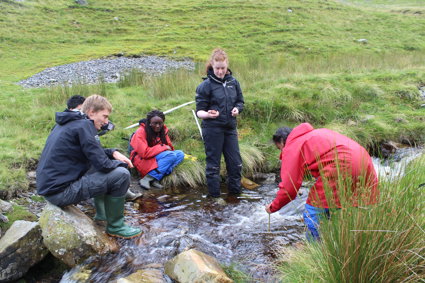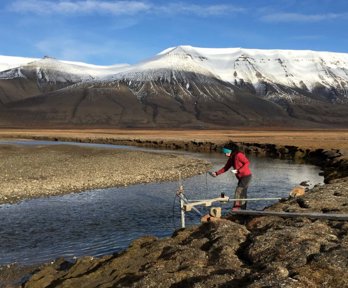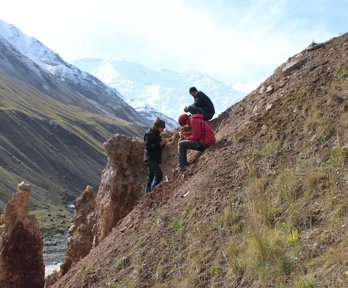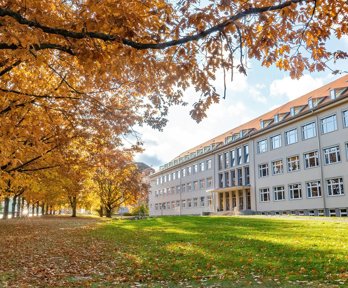
The value of fieldwork in schools and higher education
Fieldwork is an integral part of the discipline of geography. It involves the collection of data and observations that are then analysed and evaluated using a range of methods in order to deepen our understanding of people, places and environments and advance geographical knowledge.
However, fieldwork is more than that. It provides unrivalled opportunities to engage ethically and sustainably with both familiar and unfamiliar settings, and to gain critical insights into the geographical processes that shape them. And conducting fieldwork does not necessarily always mean being outside. The ‘field’ can be rural or urban, local or remote, but it can also refer to an archive or a digital space.
At both school and university, undertaking fieldwork benefits geography students in multiple ways. Fieldwork allows students to connect geographical concepts and models with the real world and reveals the complexities of human/environment interactions. It provides opportunities for students to develop a range of skills that enable them to succeed including teamwork; critical thinking; research design, planning and implementation; data collection, analysis, evaluation and presentation; resilience and flexibility to cope with uncertainty and unfamiliar situations; and understanding and managing risks. And, whether undertaken locally or further afield, it can encourage a responsibility for and interest in the natural and built environment that classroom study alone cannot. Simply put - fieldwork can be inspirational.
Experience of fieldwork is also of benefit in the workplace. The skills honed by geographers during fieldwork at school and university are sought after by employers across a wide range of sectors no matter whether the role specifically involves doing fieldwork or not.
The Society believes that:
- Fieldwork should remain a compulsory part of geographical education at all stages. From the primary years to university, students from all backgrounds should be able to experience good quality fieldwork in diverse settings.
- Fieldwork should be resourced appropriately. Schools should have earmarked funding and curriculum time to ensure all of their students can undertake fieldwork, while university geography courses should be recognised as containing an integral practical element and funded accordingly.
- Fieldwork should be widely recognised as enhancing the personal, social and emotional development of students, alongside their employability.
- Fieldwork should be sustainable, with its impact on the environment being studied and its carbon footprint considered and justified in the context of learning outcomes.
- Fieldwork should be ethical, responsible and safe for students, staff, the environments and communities visited and all other stakeholders.
- Fieldwork should be accessible and inclusive, and consider the wellbeing of students and staff, including their mental and physical health, and all other protected characteristics.

Fieldwork in schools
We offer support and fieldwork opportunities to school students, which can help to develop geographical interests from an early age

Grants
Our grants programme develops new knowledge and advances geographical science, supporting geographical research in the UK and overseas.

In the field
Find out about the advice, training and grants we can provide to support your field research or scientific expedition.

Principles for undergraduate field courses
The Council of Heads of Geography in UK HEIs' principles for planning and delivering undergraduate fieldwork, guided by evidence and good practice.